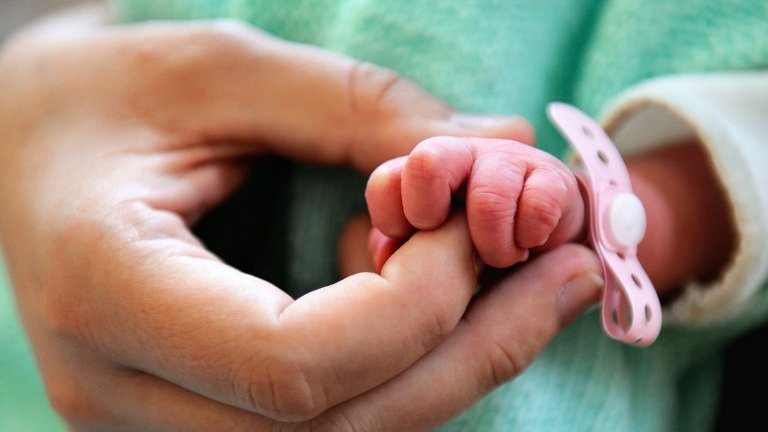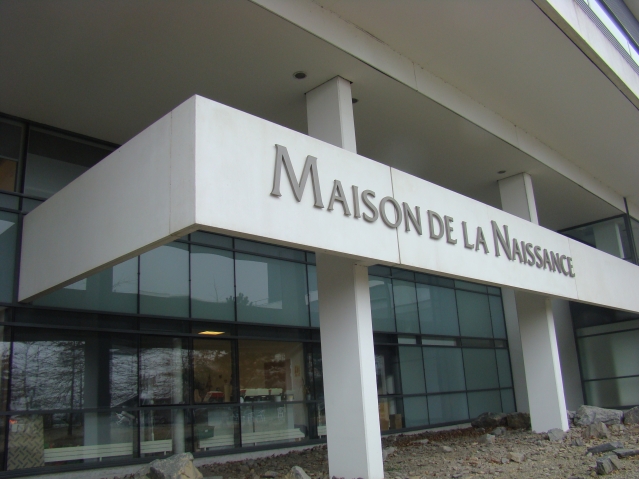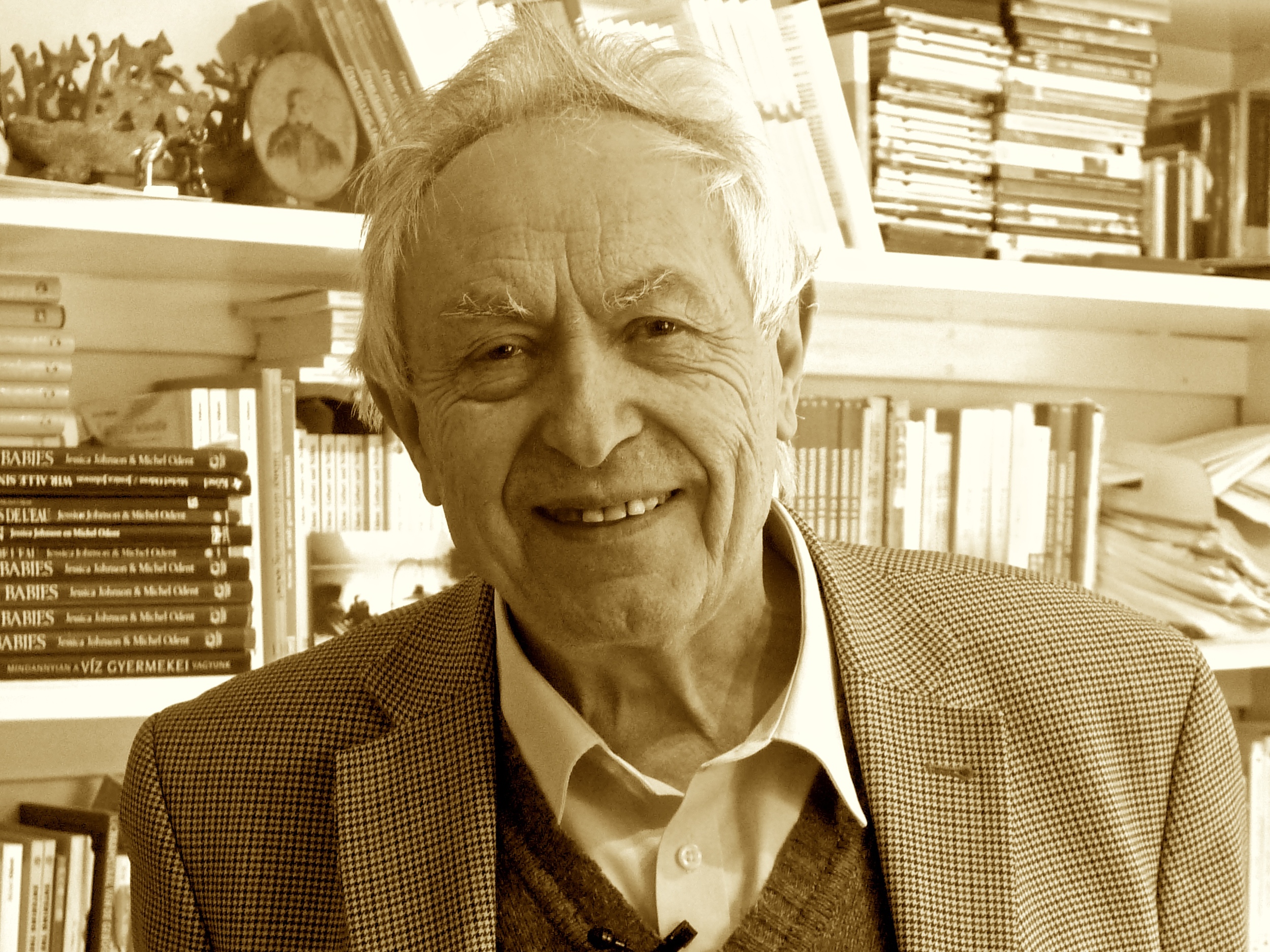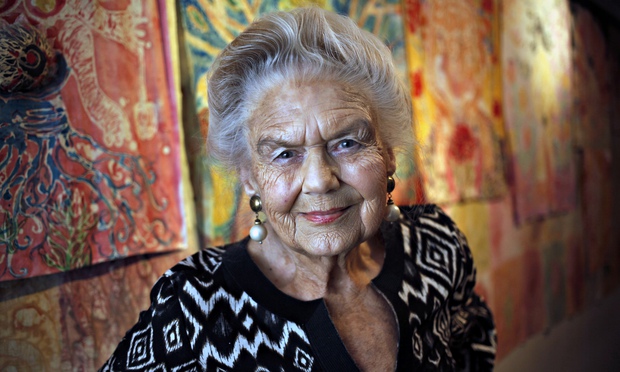What’s the Science behind Hypnobirthing?
3 Simple Scientific Facts
During a long weekend away in Toulouse recently, I encountered a little…erm… scepticism about Hypnobirthing from some of the men-folk! (The phrase ‘Hypno-bullsh*t’ may have been thrown around once or twice!)
For starters, the name ‘Hypno’ gets some people going at the offset, as it conjures up all kinds of images of tie-die and whale sounds and airy-fairy la-la-land stuff like that.
However, when you explain that much of Hypnobirthing is actually rooted in solid science, the subject appears to become more palatable…. (particularly, but not exclusively, to those who have Y chromosomes!)
So for the cynics, or potential cynics, amongst you…here are some of the rational facts that might convince you little Einsteins that it’s not all Ommmm sounds and ‘energy’ talk down at Hypnobirthing school….
Biology/Physiology
Firstly, Hypnobirthing starts from a biological understanding of the anatomy and physiological processes involved in birth.
We look at the anatomy of the Uterus, and how the various uterine muscles work together, to facilitate the mechanics of birth.
We then teach various breathing exercises and relaxation techniques that facilitate theses muscles to work efficiently and comfortably. (BREATHING and RELAXATION?! I can hear alarm bells ringing! but wait.…there’s more science to come!)
Neuroscience
The focus on relaxation is based around a well-researched understanding of the Autonomic nervous system.
The Autonomic nervous system is composed of 2 parts:
i) The Sympathetic nervous system
ii) The Parasympathetic nervous system.
When the body encounters a stressful situation, this information is perceived by a part of the brain called the ‘Amygdala,’ which then sends a stress signal to the Hypothalamus.
The Hypothalamus is the ‘control centre’ of the brain; it disseminates this stress signal to the rest of the body through the Autonomic Nervous System (ANS). The particular branch of the ANS that is activated during the fear or stress response, is the Sympathetic Nervous System, which prompts the Adrenal glands to release the hormone Adrenaline into the bloodstream. You’ll probably all be familiar with this process as it is commonly referred to - as the “fight or flight response.”
The release of adrenaline also leads to a series of physiological changes that you will have all experienced at some point: our hearts beat faster, muscles tense, breathing quickens, and our senses sharpen.
There is also a second mechanism that kicks in (after the initial release of adrenaline diminishes - if the brain still perceives something as dangerous), known as the HPA, which leads to the release of cortisol, another powerful horomone. You can read about this all in much greater detail here.
Indeed, this is a pretty hefty topic, but the essence of our understanding here is that the hormones released during the stress response, specifically adrenaline, are not conducive to the physiological processes needed for a smooth and comfortable birth (I will talk more about this in section 3)
Cumulative low-level stress over a long period of time can actually lead to long term physiological and psychological harm, such as anxiety and depression - but that's another story for another day.
SO how do we counter the stress response? RELAX!! If we can train the brain to relax around certain events during pregnancy and childbirth, we can reduce the fear/stress response and activate instead the second part of the ANS which is called the PARAsympathetic nervous system or the calm response.
Therefore the Hypnobirthing scripts which you practise as part of a hypnobirthing programme, are not, in fact, pseudo-spiritual brain-washing that's going to make you or your other half want to grow dreadlocks and join a commune. They are simply a series of relaxation exercises which train your brain to think about your birth positively and calmly, and thus keep the stress response at bay. Et Voila!
Medics such as Dr Herbert Benson (and yes he’s a real Doctor, like actually a professor of medicine) at the Harvard Health school have already made headway into a deeper understanding of how we can elicit the ‘relaxation response,’ as an antidote to the stress response. Such approaches include breathing techniques, focussing on certain calming words or language, and visualisation of tranquil scenes. Funnily enough - all of which feature in Hypnobirthing practise!
You can read more about this work here.
“The relaxation response is a physical state of deep rest that changes the physical and emotional responses to stress... and the opposite of the fight or flight response"
And more Endocrinology
What is key about the relaxed response, or when the PARAsympathetic nervous system is in operation, is that a number of other hormones and natural opiates, which are incredibly useful for birth, are also freely released:
These amazing and wonderful little molecules are:
Oxytocin - the lurv horomone. It’s what makes us all loved up when we get sexy, but it’s also the absolute MOTHER of the birth hormones. Oxytocin is what makes our uterus’s contract (or ‘surge’ as some hypnobirthers like to call it), as discussed in section 1 above. It is also the hormone which promotes breastfeeding and bonding once the baby is born.
Endorphins - literally endogenous morphine - the body’s own, magnificent natural pain killer, said to be several times stronger than the synthetic morphine you might be prescribed by your doctor. This is what makes natural birth more comfortable; when the body is operating in the calm response it is able to freely emit this magic opiod stuff.
In brief, the hormones produced during the relaxed response are absolutely FUNDAMENTAL to a calm, natural and comfortable birth as they make the mechanisms of birth more functional and more efficient.
SO we know which part of the ANS we’d prefer to be operating in during birth now don’t we? Exactly….
Conversely, Oxytocin and Endorphins are not freely emitted when the Sympathetic Nervous system is in operation, which takes us nicely full circle back to point 2 above, why the stress response is not helpful during birth. Oxytocin is often referred to as the ‘shy hormone’ as it comes out to play only when we are in a safe, quiet, place. (Think about the environment you’re most likely to be in to make love, and then apply the same principles to birth). You can read the main man Michel Odent for more info on this one!
So there we have it, just some of the science behind why hypnobirthing works. If you are preparing yourselves for a calm, comfortable and smooth labour then the science seems to say that this would be a good start!
There is obviously much more to Hypnobirthing than simply this, and what I’ve given here is only a brief outline of the physiology of birth and the neuroscience and hormones involved...but I hope that for now I’ve gone at least part of the way in convincing some of you that it’s not all hippy-dippy Hypno-Bullsh*t!
Birth centres arrive in Paris! Les maisons de naissance arrivent enfin en France!
The first of August was a very exciting day for French Women - and babies!
A law permitting birth centres to open across France was officially enacted last week.
‘Les maisons de naissance’ which are expected to appear over the coming months, mark a revolutionary change for birth in France, which has traditionally been seen as an extremely medicalised and interventionist culture.
The large majority of women in France currently give birth with an epidural, in an Obstetric Unit, and options for those who want a more natural or physiological experience has been very limited, up until now.
Not only does the opening of maisons de naissance herald increased choice for women, who wish to give birth outside of an Obstetric Unit, but it equally signals a change in the way the French think about labour and childbirth.
The philosophy of a birth centre stems around supporting and enabling physiological birth. A calmer, more gentle experience, which respects and harnesses the natural rhythms and wisdom of the body.
En savoir plus:
Links in the French press:
Books on Birth
I am frequently asked by friends to recommend inspiring books about pregnancy and birth! So here are my top 3 Books/Authors! I would equally recommend these books as must-reads for any aspiring Midwives/Doulas!
1) Spiritual Midwifery, Ina May Gaskin
This was the first Midwifery book that I ever read, and was given to me by my great friend and eternal inspiration Ingrid Lewis.
Ina recommends singing, snogging and laughing to keep you relaxed during labour, which facilitates a feeling of OPENING and gets the love hormones (Oxytocin) going!
Similarly Katherine Graves recommends a “sloppy kiss” as the ultimate hypnobirthing tool! I LOVE this beautiful video where the parents are kissing in the birthpool during the labour.
Ina-May Says: “it’s love that got the baby in there, so it’s love that will get the baby out!” (or something like that!)
2) Rediscovering Birth, Sheila Kitzinger
Given to me by the phenomenal Superwoman that is Annie Francis just before I started my Midwifery training, this book is a beautiful salutation to the anthropological and historical legacy of birth.
It reminds us that birth wasn’t always the medicalised and managed phenomenon that it is today and many cultures across the globe did, and still do, view birth very differently.
Sheila heralds pregnancy and childbirth as the ultimate woman’s journey through highlighting its legacy as an important ritual and right of passage for women, over time and place.
Sheila says: “Birth isn't something we suffer but something we actively do and exhault in!”
3) Michel Odent: Birth and Breastfeeding (and tonnes of other books by him)
The Oxytocin King! Michel reminds us most importantly that we should NOT distract the labouring woman when she is 'in her zone!’ Viewing birth as an essentially animalistic, primal act he warns against triggering the ‘neocortex’ or the 'thinking brain' when the labouring woman is in her groove!
These books were sort of given to me viscerally by my Mum back in 1984 as she read his books and applied his principles when she gave birth to La petite Jodi in 1985!
Odent's primal health work is equally important in emphasising that the way we are born can have profound effects on the way we experience the world as adults. Some people find his views a bit extreme but I say take what you like and leave what you don’t? (there are some REALLY juicy bits!)
Michel says (do your best French accent here): "giving birth is a lot like making love, you wouldn’t want to do that in a bright room with lots of stranger watching you."
Alternatively you can watch the man himself on youtube here (amongst other places), he really has to be seen to be experienced!







